ETHIOPIA - BESHASHA LOT#3 - LAVATO
Tax included
Shipping calculated at checkout
Out of stock
FARMGATE PRICE
FARMGATE PRICE: €4.33 (paid directly to the Farmer)
The Farmgate price is ultimately the real price paid to the farmer who originally produced the coffee. Ultimately it is the most transparent price you can find.
The following costs must then be added to the Farmgate price before arriving at the roastery:
- Packaging costs
- Handling costs at origin
- Logistics costs (shipping and customs duties)
- Handling costs on arrival
- Customs clearance costs and phytosanitary controls in Europe
- Internal transport costs
SENSORY DESCRIPTION
TECHNICAL DESCRIPTION
| Origin | Ethiopia |
| Area | Djimma |
| Cooperative/Farm | Beshasha |
| Microlot | Lot. 3 |
| Altitude | 2100m |
| Variety | Native variety |
| Process | Washed |
FULL DESCRIPTION
Mustefa Abakeno, a small farmer from the Jimma area of western Ethiopia, runs a sprawling 18-hectare farm located at an altitude of 2,040 meters above sea level. His farm is a testament to Ethiopia's rich coffee heritage, with a variety of crops sourced from the prestigious Jimma research center. Mustefa's coffee processing methods expertly combine tradition and innovation, creating exceptional coffee beans.
At the beginning of his journey, Mustefa purchased a three-disc pulping machine, which allowed him to process half of his crop as washed process coffee. The other half undergoes the natural process, with the cherries being carefully dried with the pulp intact. Due to the scarcity of water and limited space for fermentation, the pulped coffee goes through a fermentation of only eight hours before being transferred to the drying beds. This process gives the coffee a light honey-like flavor, while natural coffees follow a slower drying process, taking 24 to 27 days to reach perfection on the raised African beds.
In 2018, Mustefa began his journey as an exporter, thanks to regulatory changes that allowed him to interact directly with selected buyers. To facilitate this new activity, he created the "Beshasha" processing center, a plant that processes both his own coffee and that of his local farmers, his neighbors, whose plots vary from 4 to 10 hectares.
Mustefa's collaboration with the Falcon team in Addis Ababa is an example of the potential of improving coffee quality through direct relationships. This partnership covers various aspects of production, from cherry selection to plantation management, simplifying the supply chain and ensuring that a significant portion of the proceeds goes directly to the producers.
In 2021, agronomist Harun joined the Falcon team, making improvements such as installing shade nets to protect the drying beds during the hottest hours. Harun also oversees the training of local farmers in sustainable farming practices to improve the quality of their coffees.
Mustefa has also developed the infrastructure by building a modern warehouse in Agaro, dedicated to the processing of natural coffees. During the 2022 low season, it acquired four new purchasing sites, strengthening its ability to source high-quality cherries and supporting the development of local communities.
Mustefa Abakeno's journey is a source of inspiration, characterized by a constant commitment to excellence and innovation, which embodies the continuous evolution of the coffee sector.
How to choose:
NITROGEN AND VACUUM
Our packages are all packaged in a protected atmosphere (first under vacuum and then we insert nitrogen), using this particular technology which eliminates oxygen in the package, the coffee remains fresh for up to 3 months after roasting.
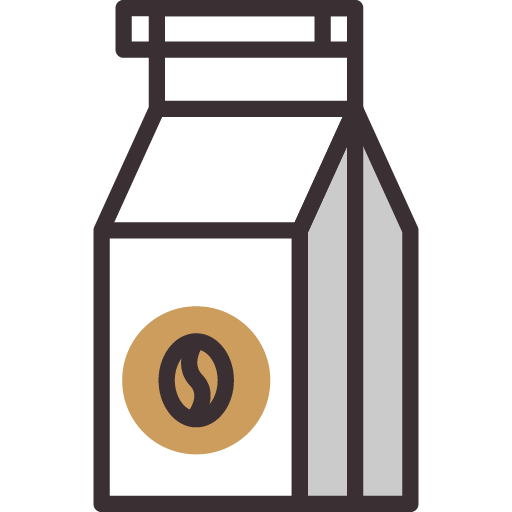
ROAST
We roast in two different ways, dividing into two main groups, based on the type of extraction:
- Light: suitable for Filtro/Aeropress type extractions, or for those looking for a coffee with a note of strong acidity and many aromas.
- Medium: suitable for Espresso/Moka extractions, or for those who want a coffee with a much more intense flavor and a hint of bitterness.

GRINDING
There are dozens of different grindings, it can be said that each machine or equipment requires a specific grinding.
With us you can choose to buy ground coffee for Moka or Filter.
We have tried to summarize them as follows:
- Jug/Cezve:
- Espresso:
- Moka:
- V60 Filter:
- Chemex:
- French Press/Infusore:

HOW LONG DOES IT LAST?
Coffee has a limited shelf life when we talk about quality. Even if up to 24 months can be written on the label, generally high quality coffee has lost most of its flavor and aroma in a few months. We recommend drinking it between 10 days and 60 days after the roasting date (provided the bag has never been opened). When the bag is opened, the quality of the coffee always deteriorates rapidly and aromas and flavor are lost within a few days. Unfortunately, the roasting date is not always written, especially by larger companies. On our packages you will find it clearly written on the back.
P.S. our bags are all vacuum packaged with added nitrogen, which extends the potential shelf life of the product.
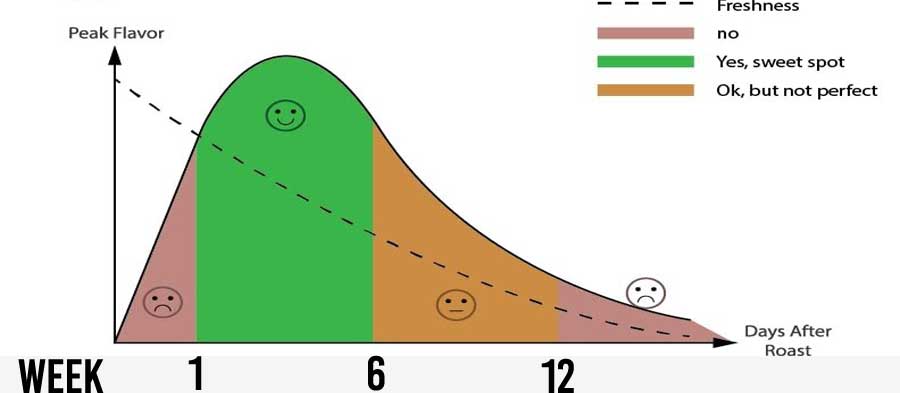
How to do:
ESPRESSO
Espresso requires some precision rules:
- Quality coffee
- Recommended roasting within 30-40 days
- Fine grinding
- Water temperature around 90-92°
- A single dose of 8-9g (double dose of 15-17g)
- Extraction time approximately 25 seconds
The use of quality espresso machines (range from €600 and up) can ensure a better result.
Preferably are machines that also have a coffee grinder to grind "fresh" coffee
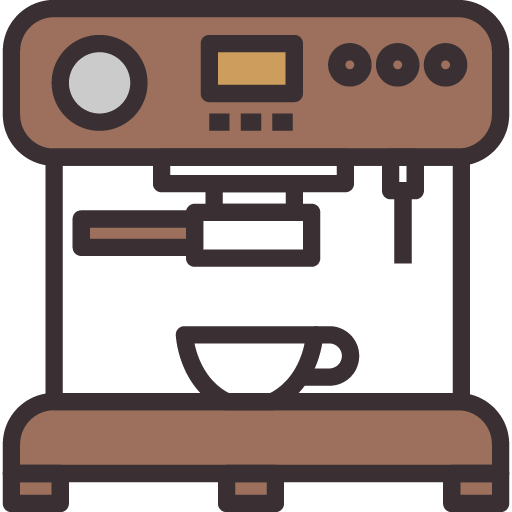
MOKA
The Moka requires a little attention:
- Use filtered or bottled water (NO TAP)
- Recommended roasting within 30-40 days
- Medium-fine grinding
- Fill the boiler with water without exceeding the valve
- Place the ground coffee into the filter without pressing or making any bumps, simply level it at the edge
- Place over medium heat
- Wait for the liquid to rise through the chimney, without letting it gurgle (TURN OFF AS SOON AS THE FLOW OF COFFEE BEGINS TO GO FAST AND COLOURLESS)
- Mix before serving
The Moka should only be washed with water and any neutral detergents (taking care to rinse carefully with water), never in the dishwasher or with abrasive sponges.
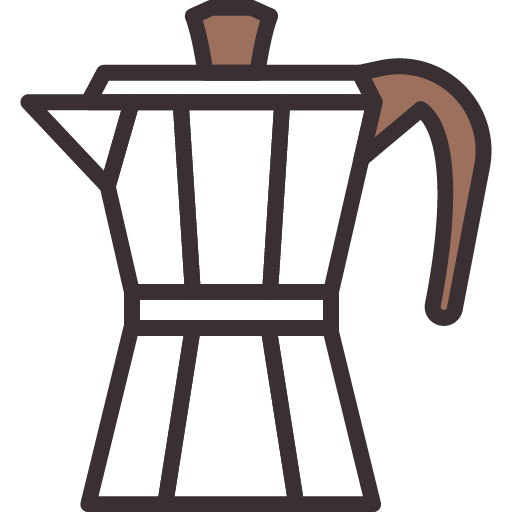
FILTER V60/CHEMEX
Filter or Chemex coffee requires precision in times and weights, some advice:
- Quality coffee
- Recommended roasting within 20 days
- Medium grind (medium-coarse for Chemex)
- Filtered or bottled water
- Water temperature of approximately 90-94° depending on the coffee used (generally those washed at higher temperatures)
- Approximately 15g of ground coffee for every 250g of water (Chemex at least 30g per 500g of water)
- Pre-infuse for 30-40 seconds by pouring hot water for double the weight of coffee used
- Pour the water in two or three steps as desired with a rotating direction, being careful not to create too much turbulence
- Contact/percolation time approximately 3 minutes (4-5 for Chemex)
A light roast is generally recommended for filter systems
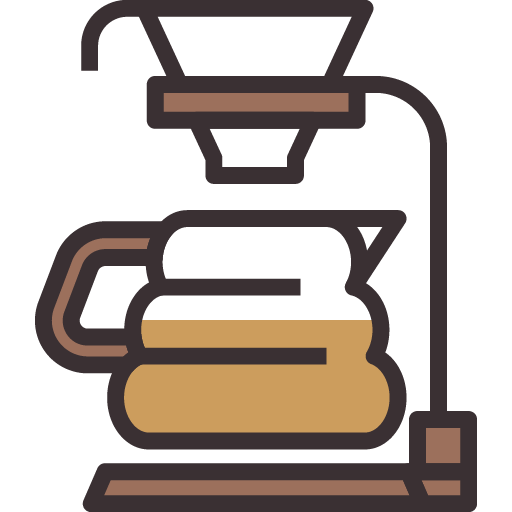
AEROPRESS
The Aeropress requires some precision rules:
- Quality coffee
- Recommended roasting within 20-30 days
- Medium grind (or as preferred)
- Use filtered water or bottle
- Water temperature around 85-90°
- A dose of approximately 17g per 200-220g of water
- Pour water for pre-infusion of 30-40 seconds
- Mix with the appropriate spoon
- Then pour in the remaining water and close the cap
- Turn the aeropress upside down and press firmly but steadily until extraction is complete
- Total contact/infusion time 2-3 minutes

OTHER SYSTEMS
There are dozens of different systems for extracting coffee, we have summarized the main ones here but if you need to know how to do the others not on the list, contact us





